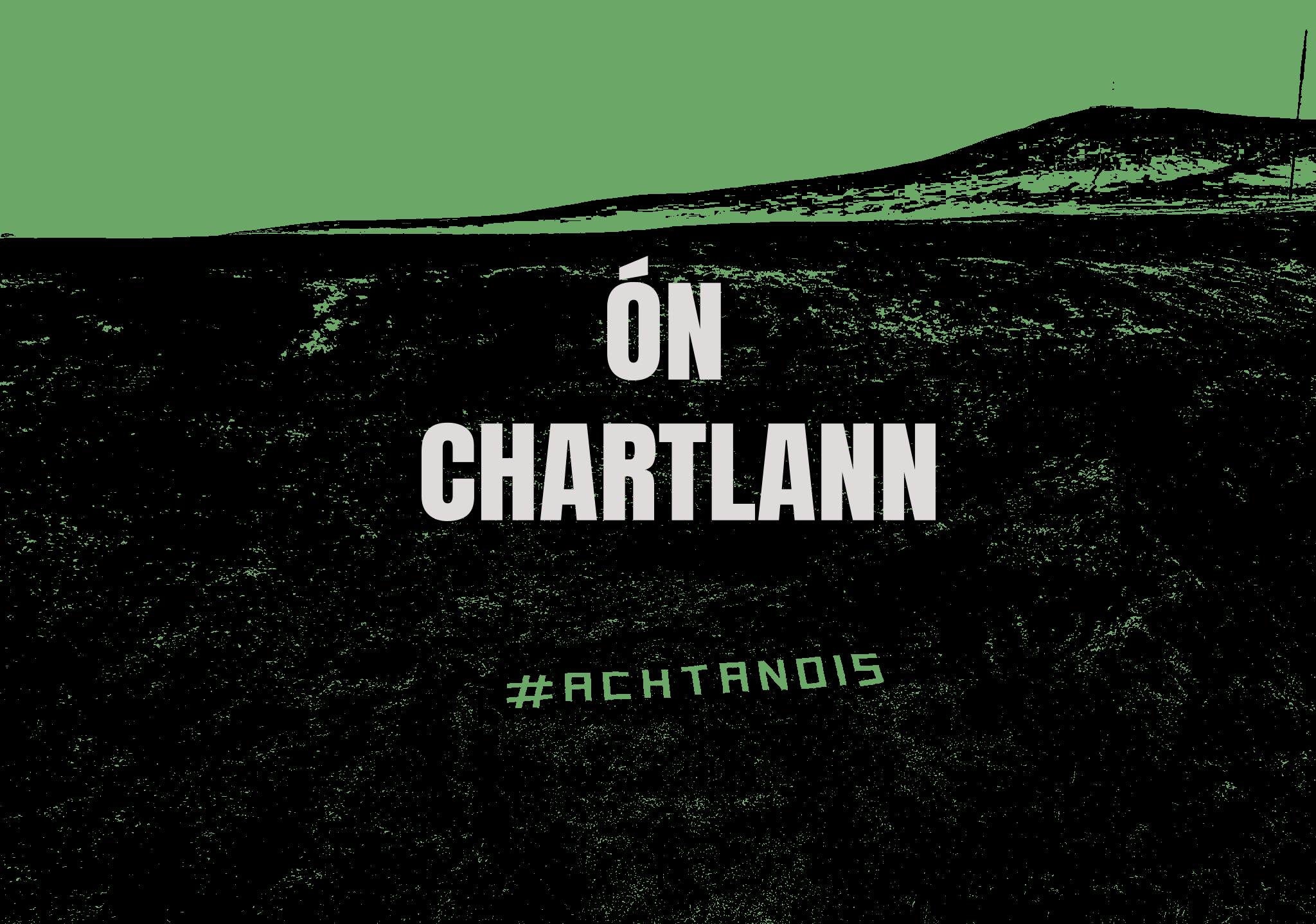An litir dhearg
Bí ar an eolas! Faigh ár nuachtlitir le bheith suas chun dáta leis na feachtais ar fad.

These are all entirely legitimate questions and the Irish Language Act, like any piece of public legislation should be subject to robust scrutiny and examination. Additionally, I think it is positive that much of the debate has moved from ‘Should there be an Act?’ to **‘**What an Act should look like’.
Indeed, as far back as 2017, senior figures from within the DUP acknowledged that there would be ‘legislative provision’ for the Irish language in response to the community-led campaign spearheaded by An Dream Dearg.
Subsequent attempts to discredit those seeking legislation as ‘political activists’ and to reduce the organic movement for change to a ‘Sinn Féin’ red line has largely failed in the face of the consistent support from five political parties and huge community engagement on this issue.
The fact that similar legislation already exists for our Celtic cousins in Wales and Scotland and Irish speakers in the south creates the rights anomaly that is now clear for all to see and whilst Irish speakers themselves have been to the fore of that campaign, it has importantly attracted support from broad sections of society who hold many different views on many important issues.
However, on the issue of the role of the state regarding the Irish language, a diverse set of voices has stood resolutely behind the demand for an Irish Language Act. For many, the question of the Irish language Act has become the barometer by which they are assessing just how sincere the DUP are about building sustainable and stable power sharing.
The same could and should be said of the British Government, which is the sovereign Government with power and responsibility.
In recent days, Sinn Féin have restated their position that an Irish Language Act must form a part of any deal. Similarly, the SDLP have issued strong statements supporting legislation that delivers, as Colum Eastwood stated, ‘“real legislation that makes a real difference to people who care about the Irish language…that people are treated properly, and that it’s there, enshrined in law.” Naomi Long and Alliance also issued similar statements in the run up to the recent Westminster election.
We know the support is there. The challenge for the British Government, in particular, during this period is to deliver on the commitment that they made in 2006. We know what this looks like and we know, based on the experiences of others, what works and what doesn’t.
Why would we not base our own legislation on the experiences and best practices available across these islands, Europe and the World? Those experiences tell us that the four pillars of**;** official status, services, a commissioner with power and increased Visibility are fundamental elements of any genuine legislation.
We also know what the obstacles are. There is no equivalence between those calling for change, rooted in international best practice and human rights and underpinned by a commitment made in an International agreement on the one hand and those who just don’t want to see or hear Irish under any circumstances.
The test for Julian Smith is whether he is finally willing to face down those who have attacked, belittled and ridiculed our community for far too long.
One thing is clear, the draft February 2018 didn’t solve anything. Rather than removing the language from the vexed, confrontational chamber at Stormont, those proposals embedded the language there and left all major decisions to the Office of First and Deputy First Minister, requiring the consent of both.
From bitter experience, we know what this means. Zero progress, obstacles and division. Outside Stormont, things have changed and the re-energised movement demanding equality and language rights will not disappear into the night in the face of a weak deal which doesn’t deliver the ‘real legislation that makes a real difference.’ The days of Irish being unseen and unheard must be over. Change must be tangible.
Furthermore, any return to the flawed and problematic power-sharing that we have witnessed since its inception, which isn’t rooted in the equality and human rights aspirations of the Good Friday Agreement, will not work this time around.
Returning to Power sharing without delivering the necessary reforms is not the answer. The root causes; the absence of rights, the sneering and hostility which characterised the previous assembly, needs to be remedied if Julian Smith is to deliver on his stated goal of a resumption of sustainable and stable power sharing.
Bí ar an eolas! Faigh ár nuachtlitir le bheith suas chun dáta leis na feachtais ar fad.